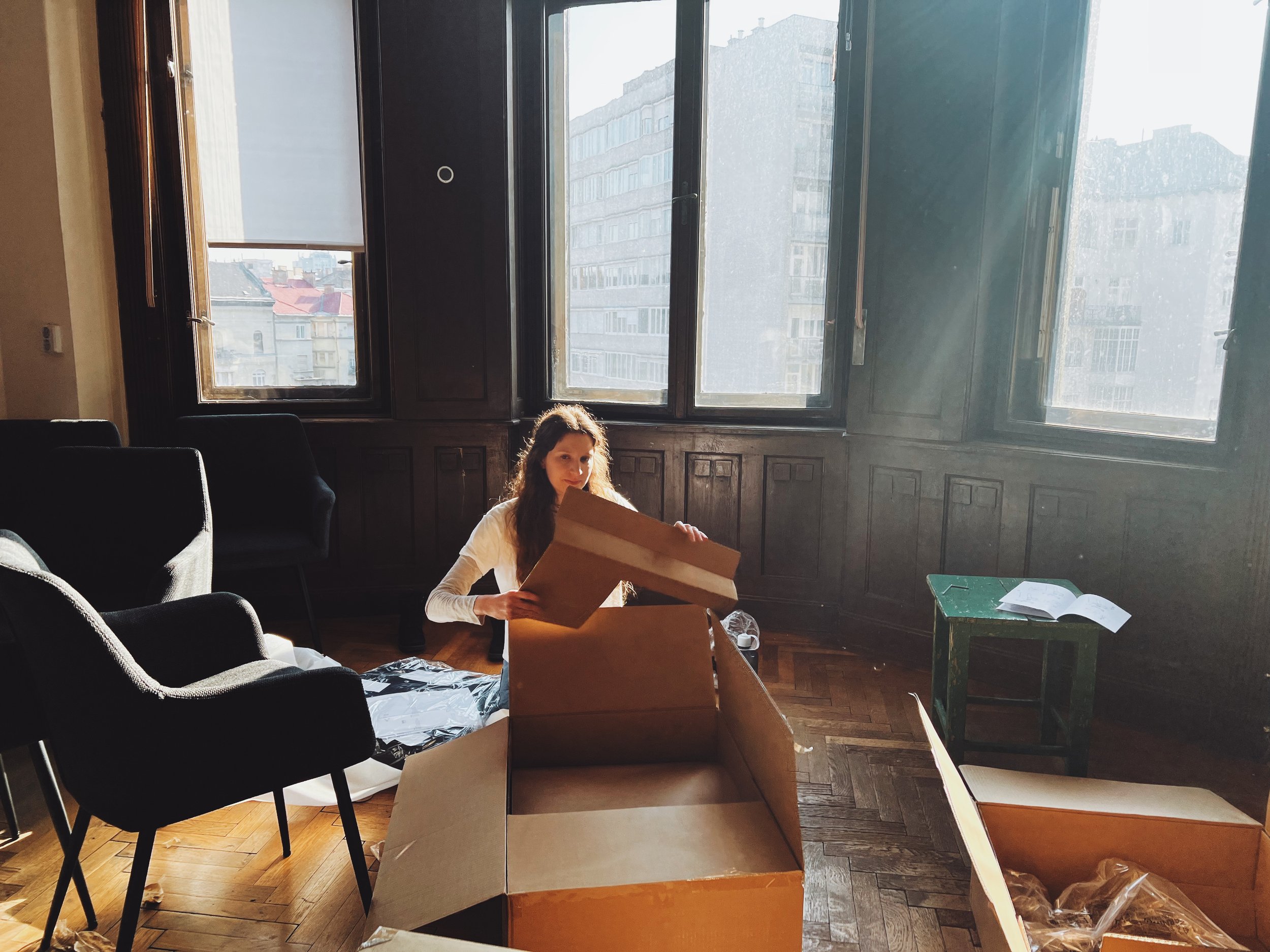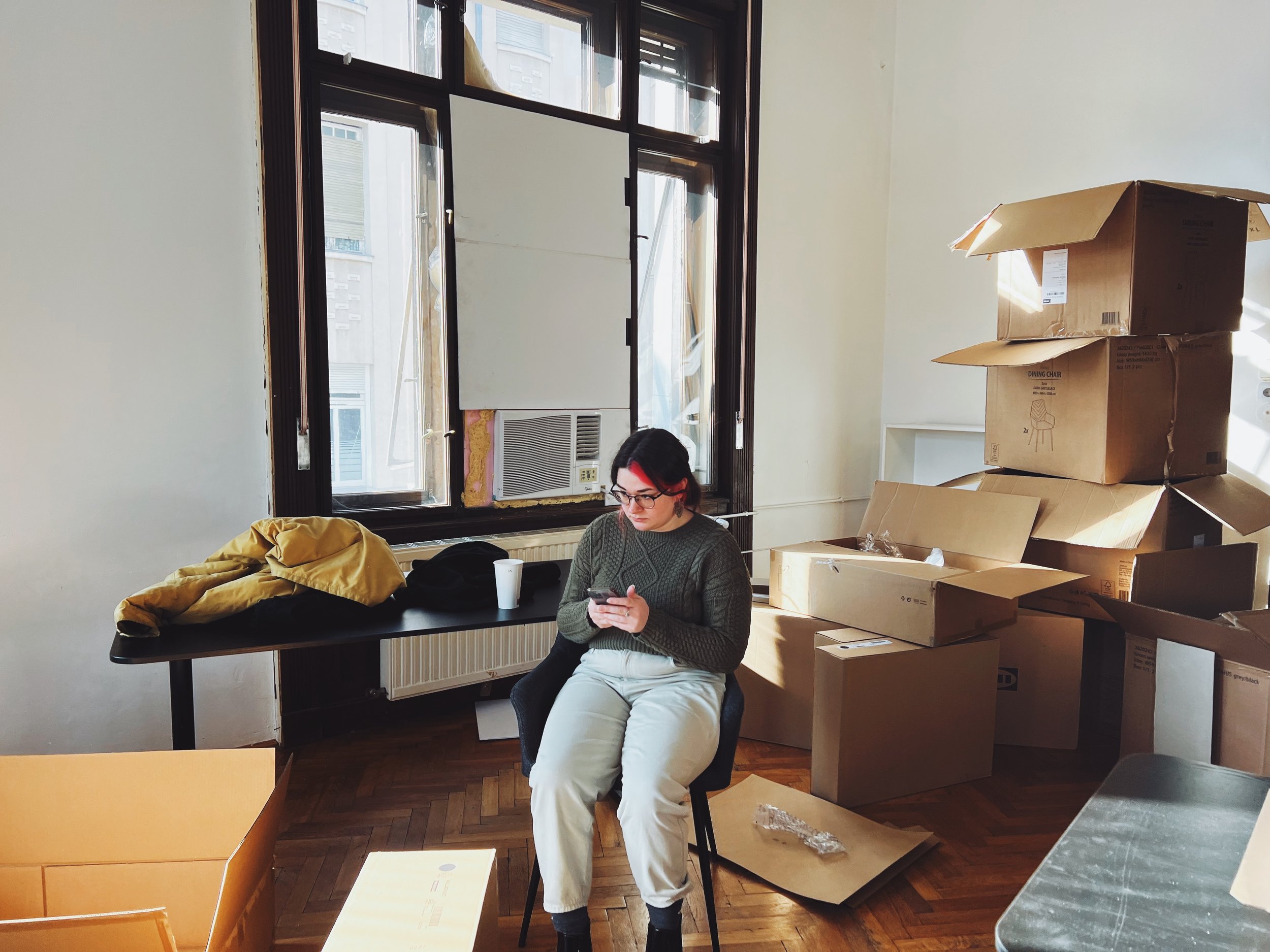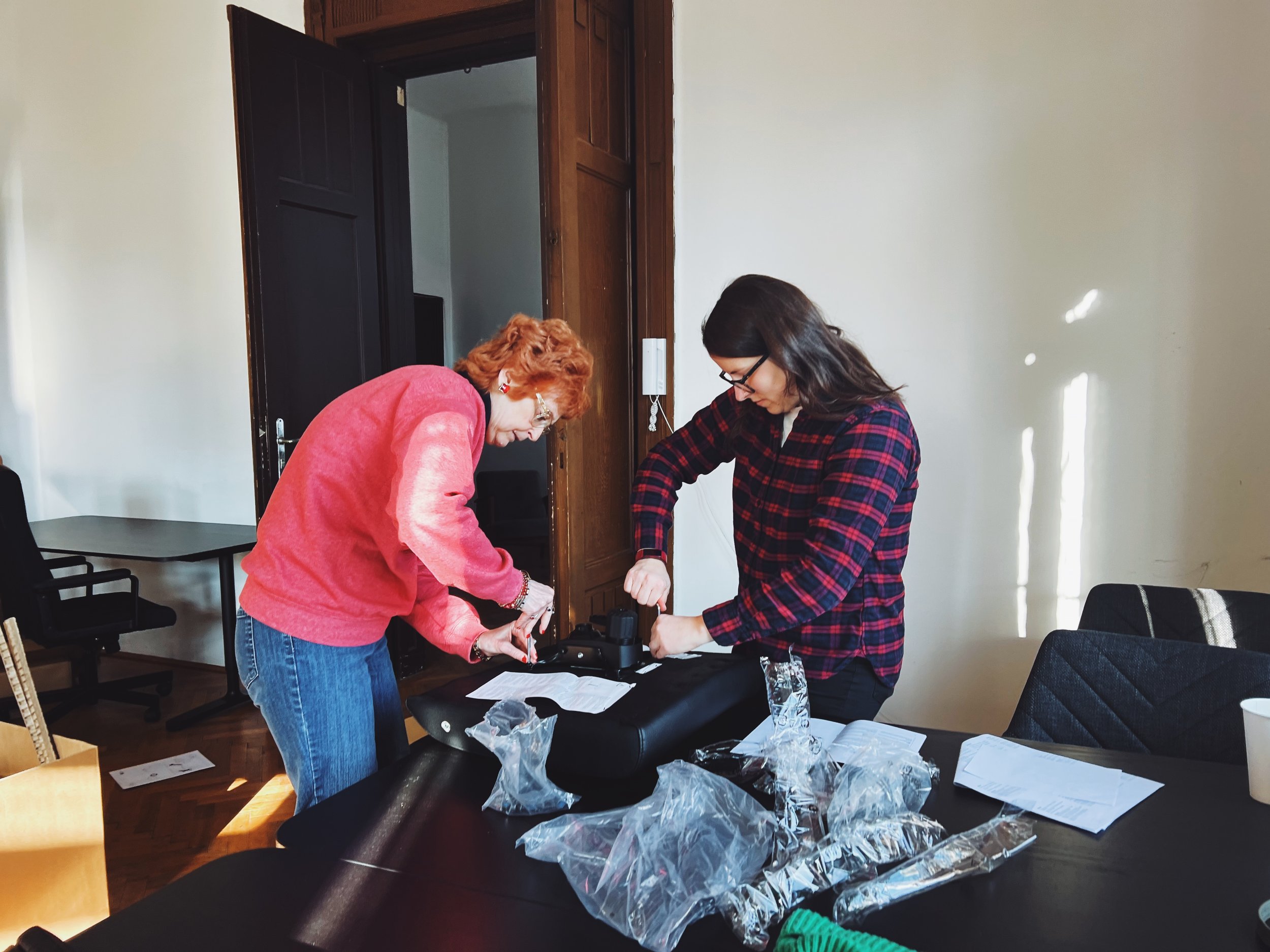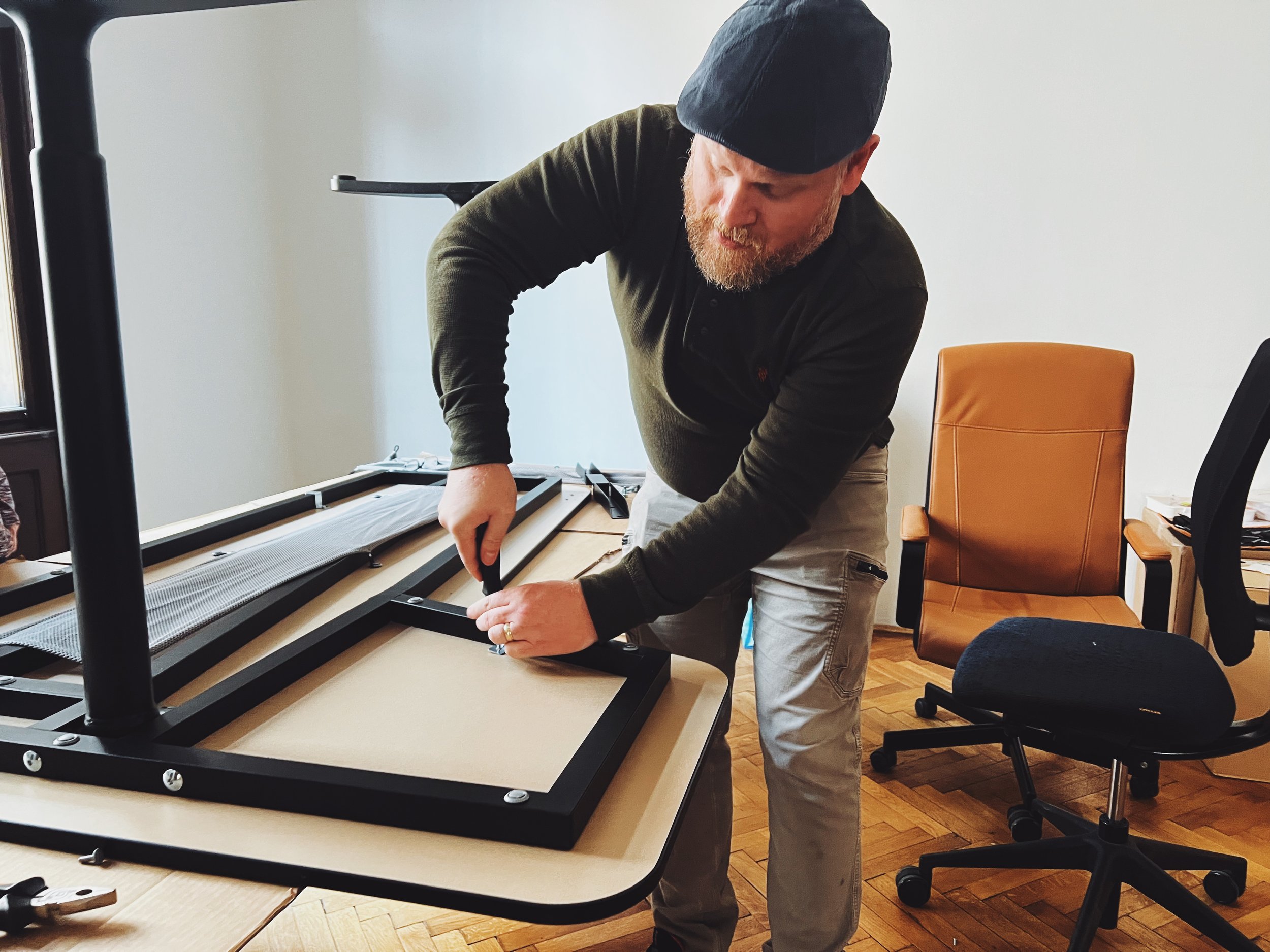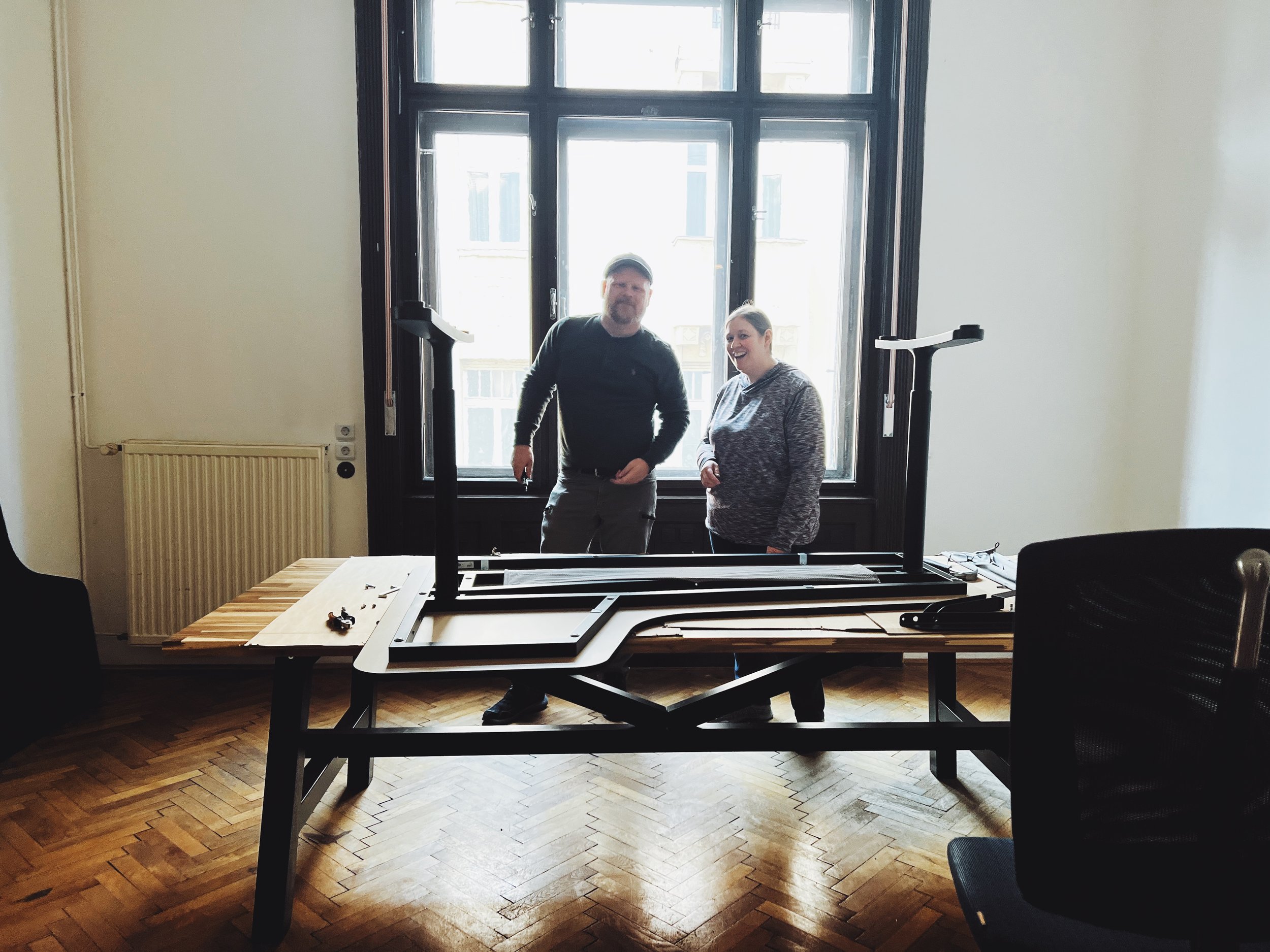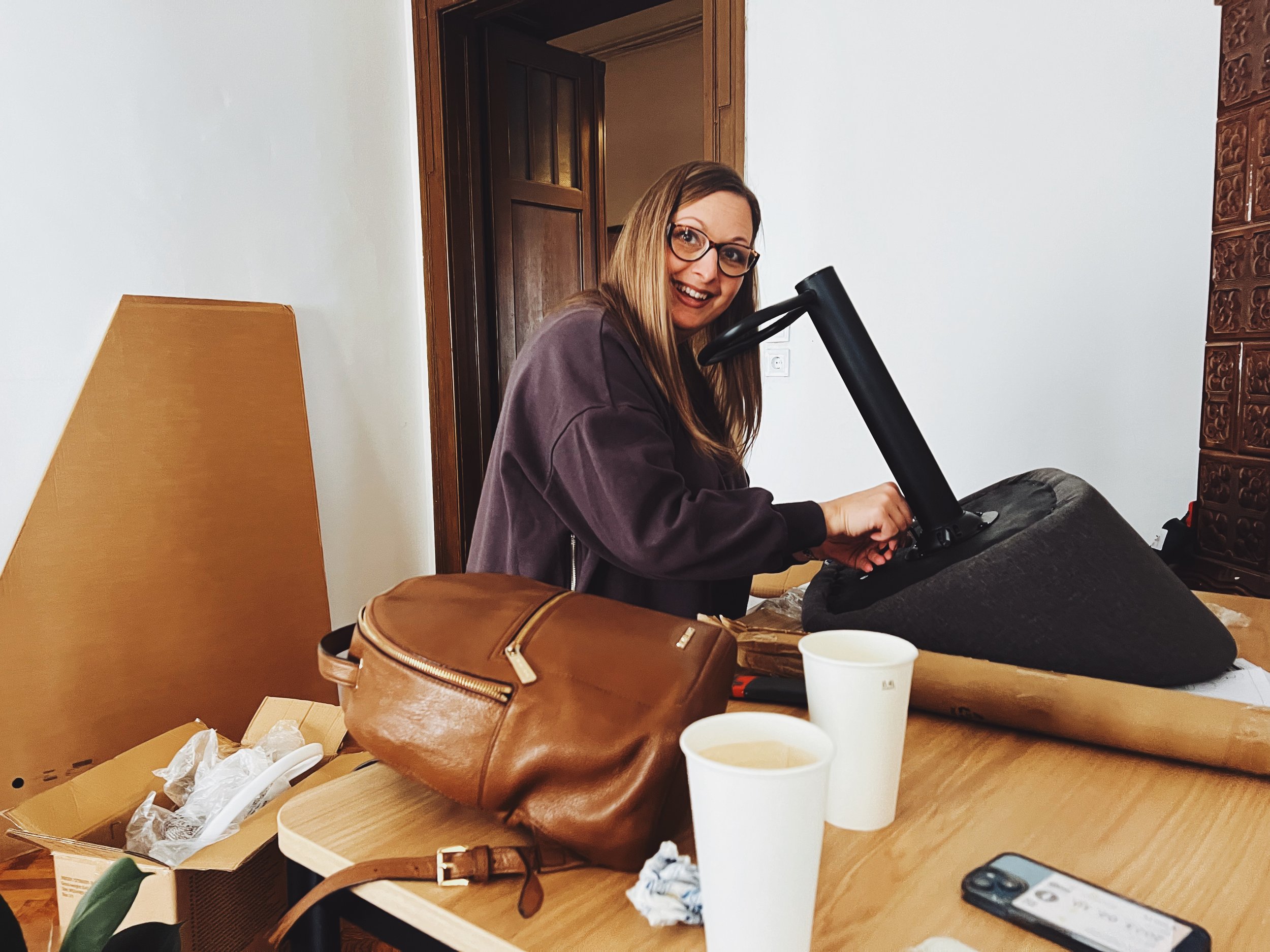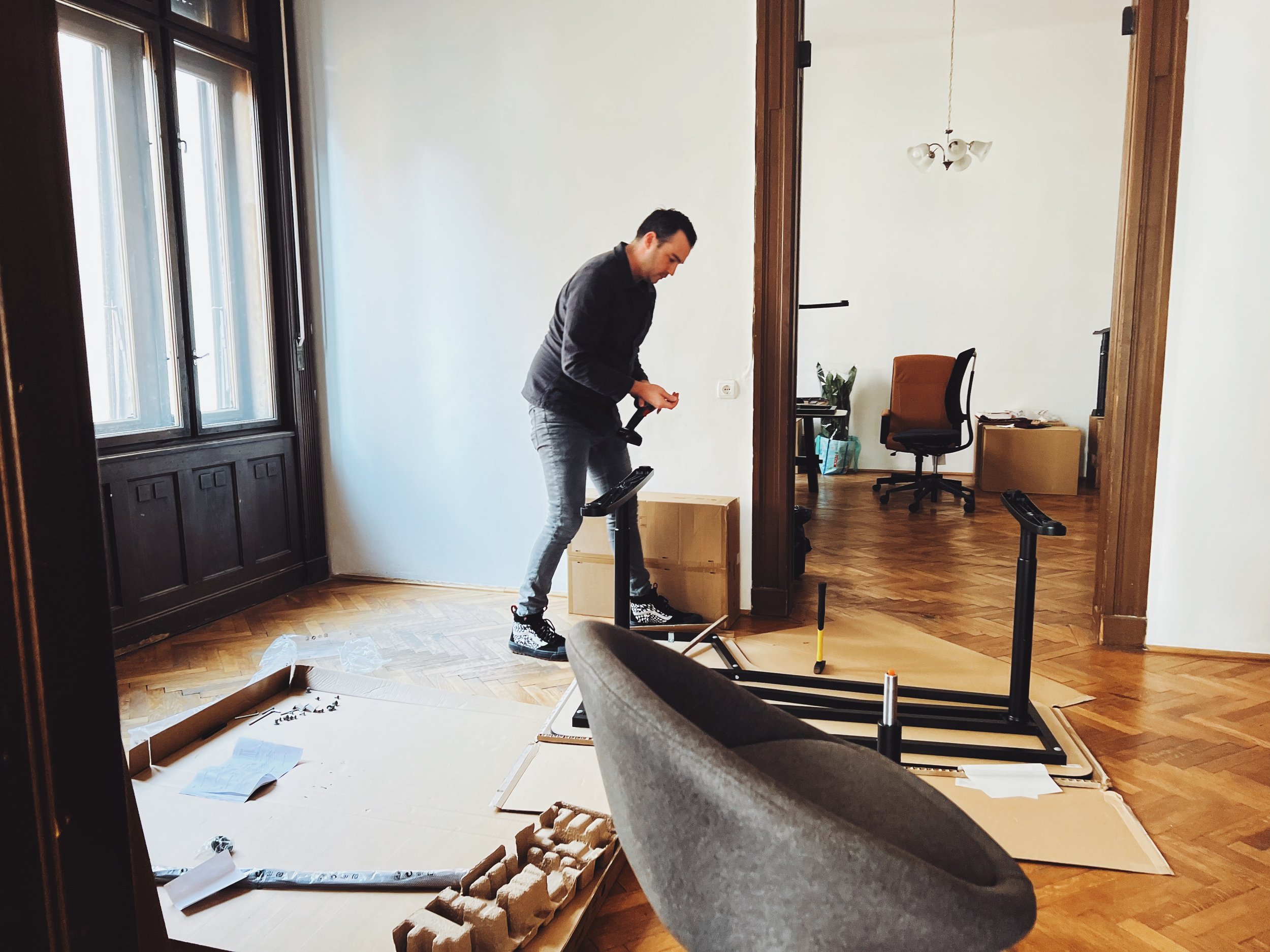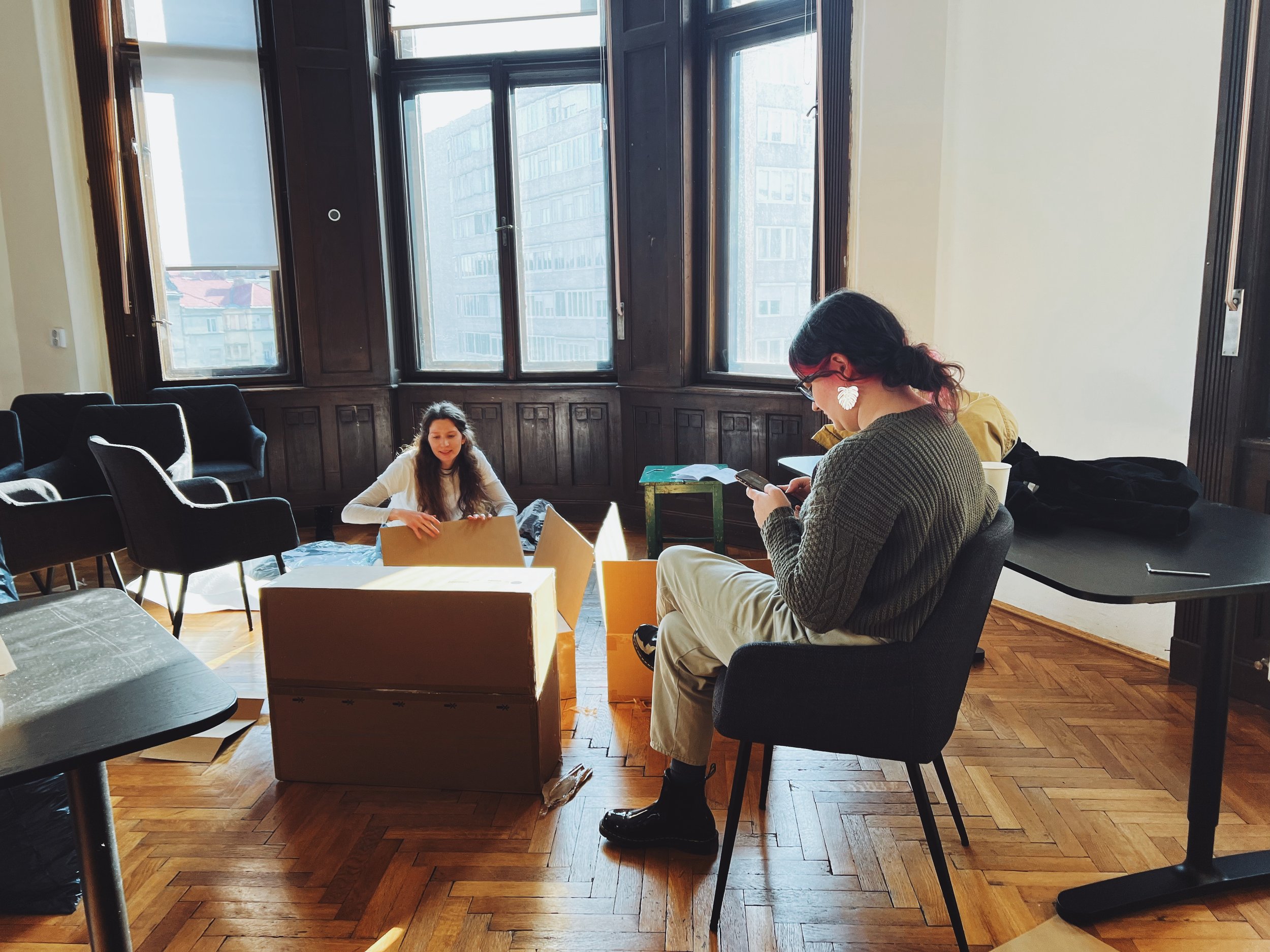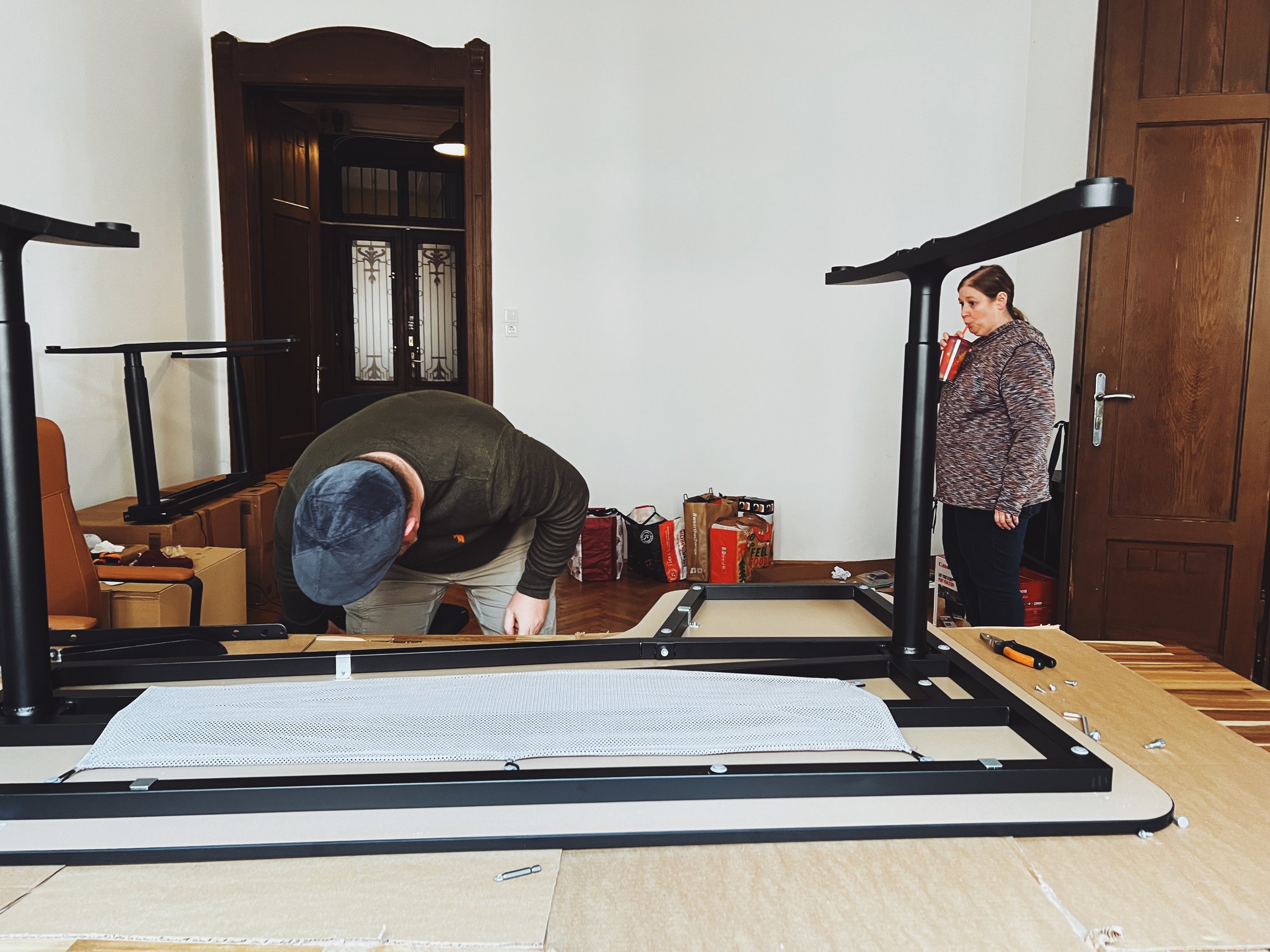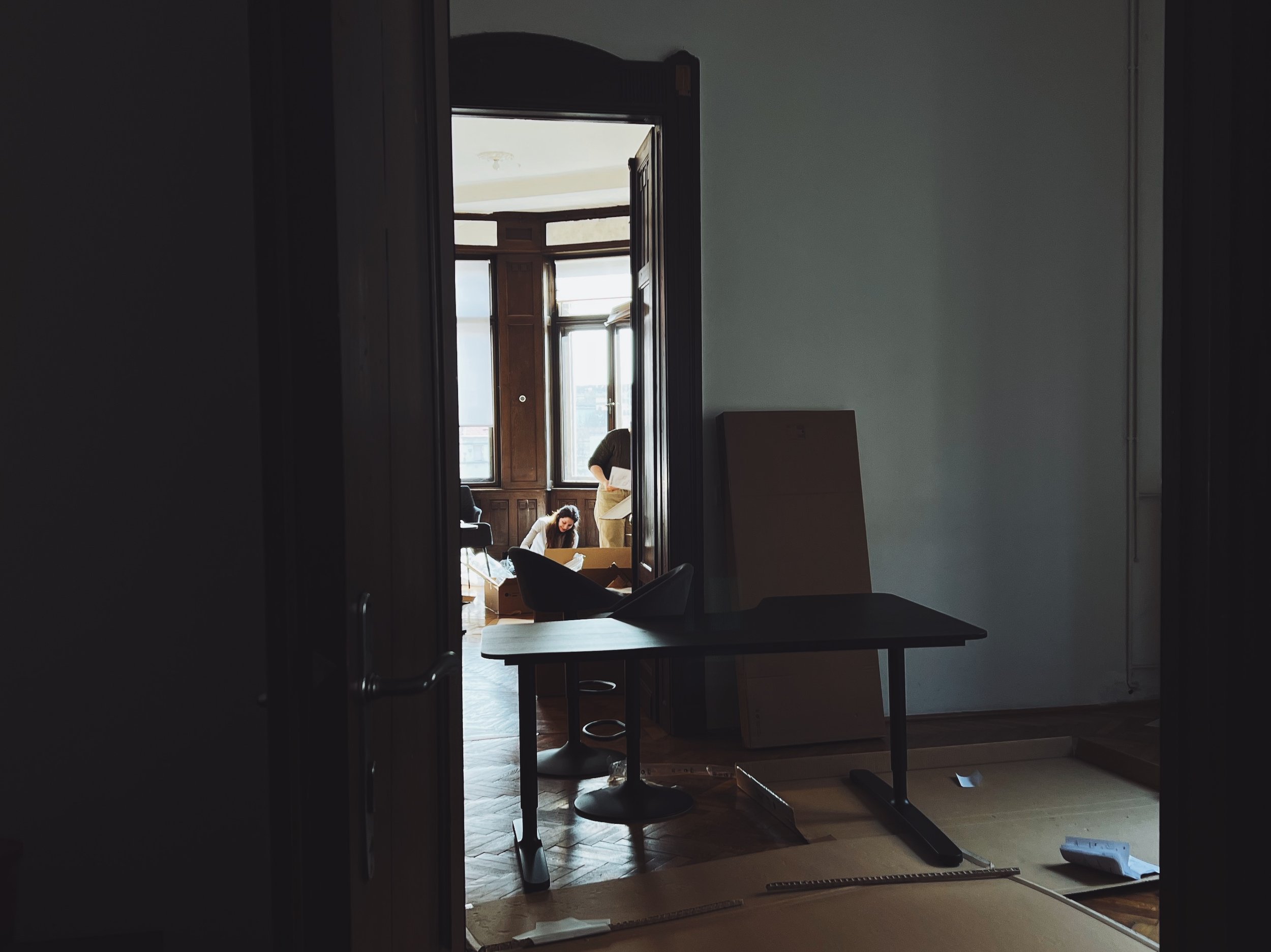Zoom, an Office, and the case for Culture
During the Covid-19 pandemic, like many people, the cancellation of social activities opened some unexpected free space in my schedule. During one such opening, I found myself watching Stephen Spielberg’s Jurassic Park film. I hadn’t seen the movie for many years and after watching it this time, one line really stuck with me. Ian, played by Jeff Goldblum, looks at Dr. Richard Hammond and says, “Your scientists were so preoccupied with whether or not they could, they didn’t stop to think if they should.”
“Ian looks at Dr. Richard Hammond and says, ‘Your scientists were so preoccupied with whether or not they could, they didn’t stop to think if they should.’”
This line really hit me and made me think about unintended consequences and how, when trying to help, we often make a mess of things.
During Covid, most of the work that I would have far preferred to do in person was limited to video conferencing. Most, if not all, meetings, coffee chats, and catching up with friends and family were suddenly limited to a Zoom screen. Suddenly, I had so much more in common with friends around the world who were also attempting to keep their kids and pets quiet while they look at clients and co-workers through their web cameras. We laughed at YouTube clips of kids running into newscasts being done from home offices because we all recall how close we had been to similar situations when our dog wouldn’t stop barking in the background of our meetings, or kids walked into the room to ask if we could ‘help them go potty’ in front of important partners.
Life gradually normalized over a couple of years of restrictions, however, the next trend I noticed caught me by surprise. Almost overnight, many of my friends were being told that they wouldn’t be coming back to the office. The company had saved so much money with everyone working from home, or believed they could save more by letting the office go, that video and teleconferencing from home would be the ‘new normal’ even after the pandemic restrictions were let up. A pandemic had proved that we could work from home and still get our work done.
Now, I am an extrovert, so there is that… but in the back of my head, that line from Dr. Ian Malcolm rang in my brain. Just because we can, doesn’t necessarily mean that we should.
As someone who works in leadership, a very famous quote that often gets shared with me, and I share with others is the quote from Peter Drucker: “Culture eats strategy for breakfast.”
“I believe that the companies pushing for virtual environments are going to find that, yes they can get the work done, but their team culture is going to pay the price.”
I’ve come to view culture as the spoken and unspoken expectations of how a group relates to each other. It’s critically important for trust, collaboration, and overcoming tough times, and is often seen as the explanation of why some companies rise and thrive while others disintegrate at the first sign of trouble. But culture is most often actually built in the in-between. It’s the office cooler conversations, it’s the ‘who wants to grab lunch’ moments. Culture is the human element of how we work, and we are still human!
Why do companies spend so much money on ‘off-site’ retreats? Heck, even bloggers and podcasters, technology wizards, and the like gather in person at conferences. Couldn’t they just hold those in a zoom room and save all that money?
I believe that the companies pushing for virtual environments are going to find that, yes they can get the work done, but their team culture is going to pay the price. While the expenses will indeed drop, it will come at the cost of identity, values, connection, loyalty, innovation, and collaboration. Yes, we can resort to video-conferencing, but as Dr. Ian suggested, just because we can, doesn’t mean that we should.
So this is why our HUB and Hungary Team have decided to share an office, which was no small investment. Sure we could all hold meetings in our living room, or just meet on Zoom, but here are the reasons why we have decided to spend the money required to give us a space:
1. Culture
As I said before, culture is built in the in-between. We have placed a value on being together, in person. We want to see each other, be able to pop our heads into an office to ask a question, or just talk about life in the hallway. If culture eats strategy for breakfast, why are we so willing to invest in strategy and not in the very moments that build a strong culture?
2. Performance
Both our HUB and Hungary teams want to be high-performing teams. We know that we aren’t earning God’s grace, but He does desire our best, right? Working in a collaborative space allows for quick answers to questions. How often did a zoom meeting wrap up and we had forgotten to address something? There is something about sacred space together for work that, even when we aren’t collaborating at that moment, helps us to bring our best efforts together.
3. Accountability
Lastly, we’re human, and that means that we need accountability. The truth is that working from home can be nice, but it can also be distracting. It’s so easy to fritter away time, as we struggle to concentrate and find ourselves procrastinating on things when we are hidden away in our living room out of sight from others. Incorporating time together gives us some gentle accountability, not only to perform but to show up in the first place.
I don’t think that we fully grasp the ways Covid and the resulting restrictions have impacted us and the way we function. However, I believe that at the end of the day, we are still human beings. We need each other for community and accountability in order to perform the way we were designed to work. We still desire to be a part of something that is bigger than we are alone.
I do think that video-conferencing and off-site work will be a part of what we do. For this reason, we only require a minimum of three days a week in the office. However, we still want to encourage the teams to be part of something bigger than ourselves. We still want to be loyal to an organization and have that organization be loyal to us. We still need a strong culture, and while a webcam can support work, I don’t believe that it truly builds culture for social beings such as ourselves.
In the meantime, you’ll find us here in our new office, hoping that we were right in thinking that because we could, we should.


